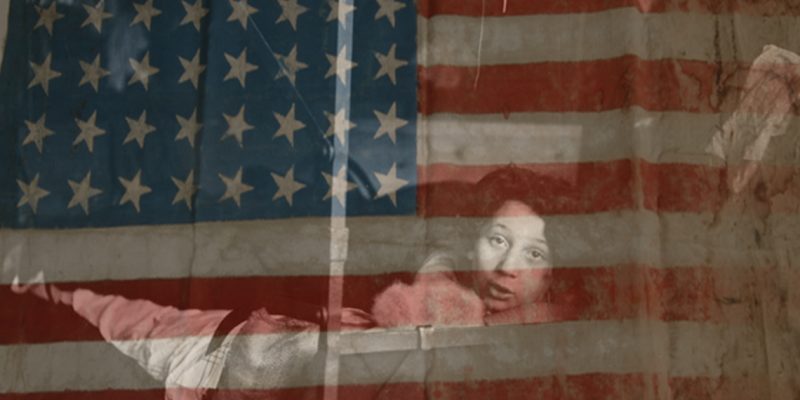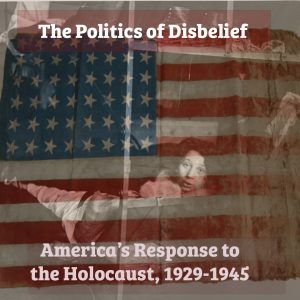In this vignette of the life of Louis XIV, you will listen to contact that will serve as the source material for your topics to write your 500-word “Personification” essay. How did Louis personify the Age of Absolutism. This podcast contains topics that are excellent for such an analysis. Choose one and show how. The podcast speaks of Hyacnith Rigauld’s portrait of Louis XIV, the palace of Versailles and El Cid, by Pierre Corneille, among other things. Here are images that show these three subjects.
Episode Transcript for Unit 1 Episode, Louis XIV and the Fronde
Podcast: Embed



 Watch for my 4-part podcast series on “The Politics of Disbelief: America’s Response to the Holocaust, 1929-1945,” coming in March 2019. They will be the best episodes I have created thus far.
Watch for my 4-part podcast series on “The Politics of Disbelief: America’s Response to the Holocaust, 1929-1945,” coming in March 2019. They will be the best episodes I have created thus far.